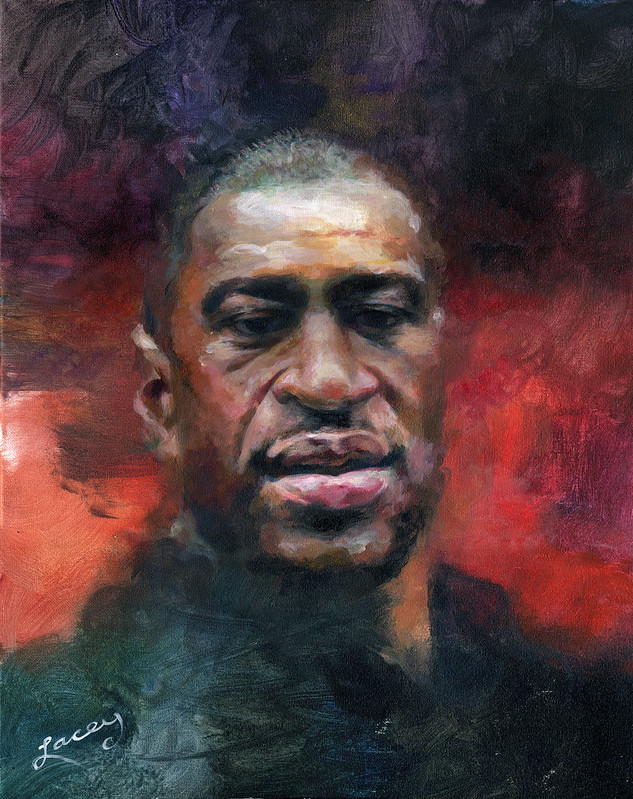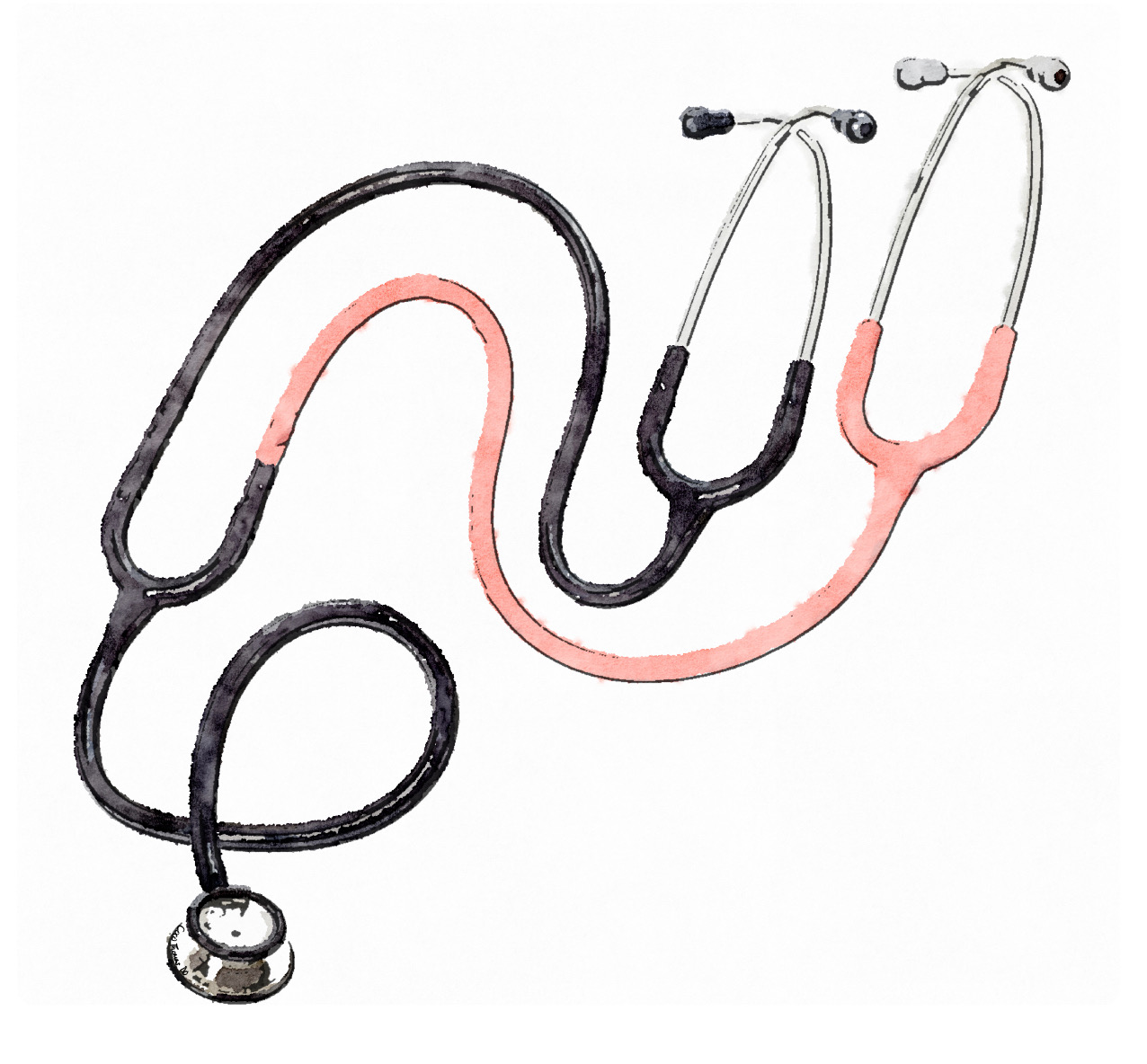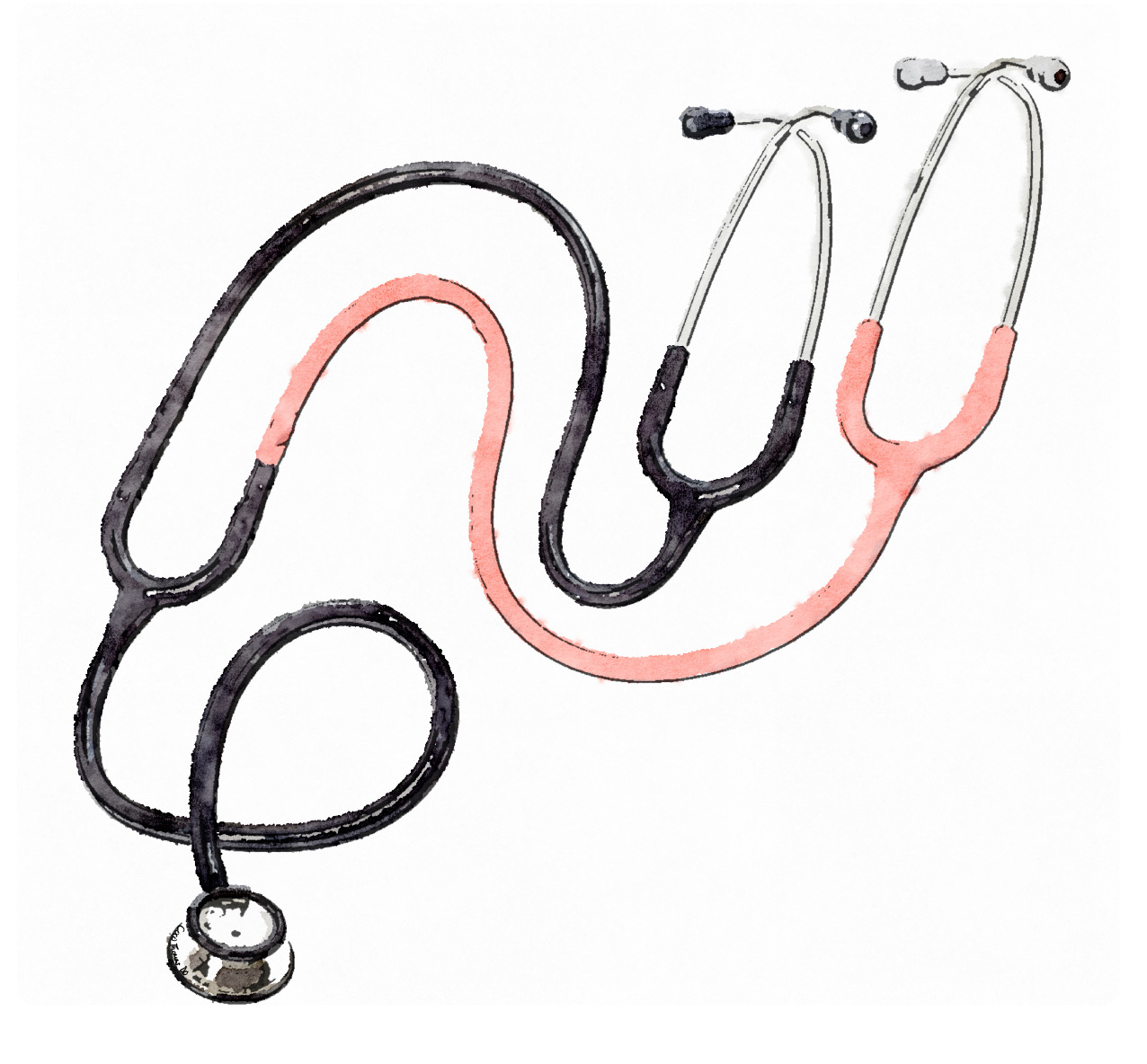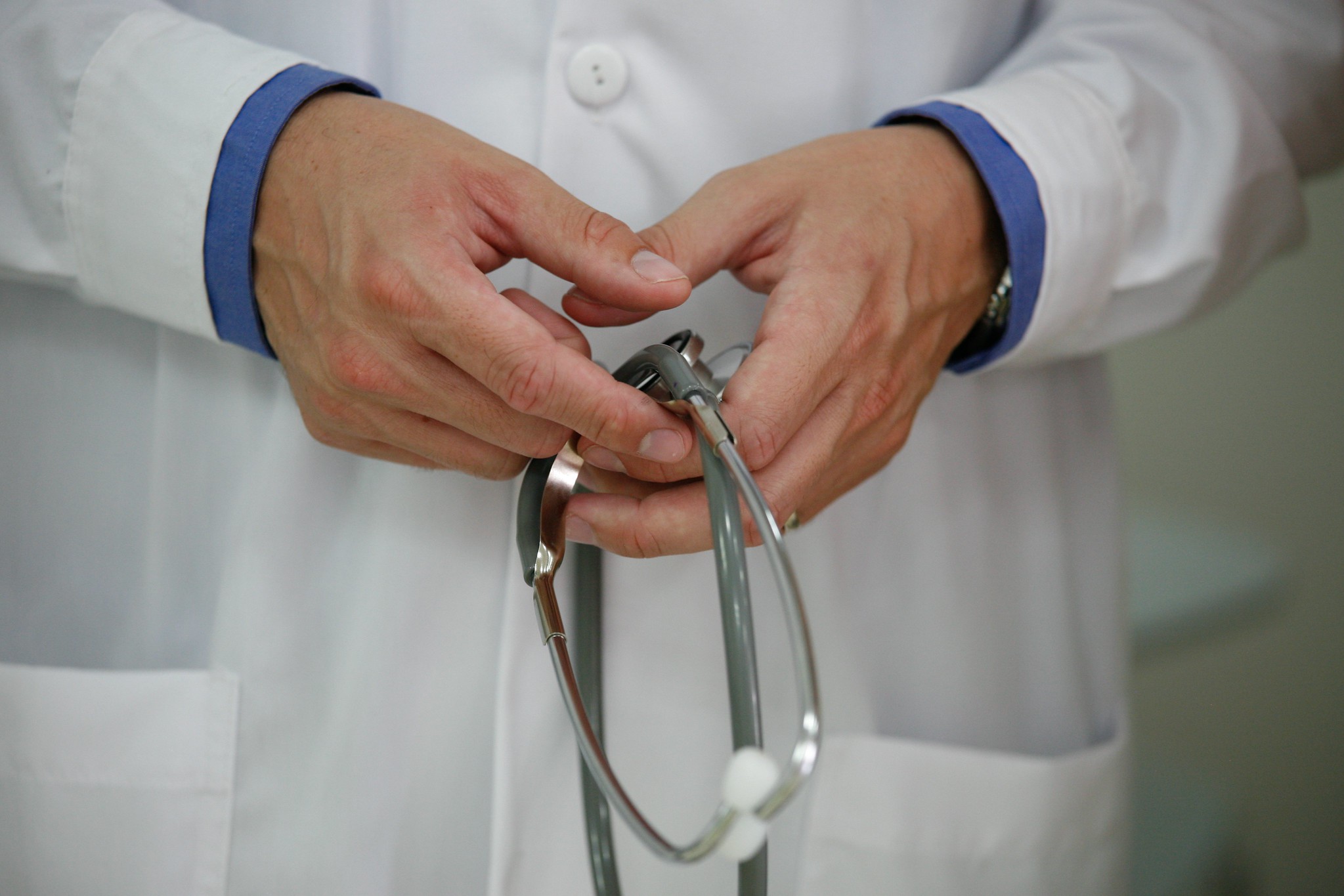 Meghan Sharma (3 Posts)
Meghan Sharma (3 Posts)Columnist
University of Miami Miller School of Medicine
Meghan is a second year medical student in the MD-MPH program at the University of Miami Miller School of Medicine in Miami, Florida class of 2023. In December of 2018, she graduated from Washington University in St. Louis with a Bachelor of Arts in political science and a minor in biological anthropology. She has written for The Denver Post (Denver, Colorado), has been a writer and editor for Washington University Student Life (St. Louis, Missouri), and has been published on KevinMD.com. She enjoys skiing, snowboarding, baking, dancing, and playing piano in her free time. In the future, Meghan would like to incorporate medical journalism into her career as a physician.
Life, Liberty, and the Pursuit of Healthiness
As doctors-in-training, we are not often exposed to the fundamental legal tenants of healthcare and medicine. But law and policy play a significant role in how we will practice -- including but not limited to the role of legal documents such as the Constitution on health policy, the impact of Supreme Court cases on healthcare legislation, and the role of international organizations and governmental decisions in global health. By discussing topics in medical law, public health policy, and the government's role in healthcare, we can better understand the intersection between the duties of physicians on the clinical level and the involvement of medicine on a national level.
Shortness of breath is a frustrating experience. The feeling of not being able to get air into the deepest parts of your lungs can be scary. Unfortunately, as COVID-19 spreads across the globe, more and more people are experiencing shortness of breath — one of the symptoms of the virus.
But we should not need to view videos of Black individuals suffering or in pain in order to mobilize. Others, unrecorded and alone, die by the hands of our state. It is time for Americans to turn their gaze away from violent images of Black death and inwards to consider the invisible and not-so-invisible ways we uphold white supremacy every single day.
Back in late March, I was a medical student in D.C. studying for exams. Today, I am a 23-year-old living with my parents again. Despite being in school 5+ hours away, my bedroom in upstate New York has become my new classroom. Being at home has its perks: I get food from my mom again, and I can wear pajamas all day if I wanted to (not that I actually do that). However, there are many things that don’t feel right about being a medical student who has no connection to the medical world right now.
I packed up my new backpack, laptop, notebooks and pens early in the morning. The anxiety was palpable as my housemates and I dressed up to make our best impressions on our first day of medical school. This was unfamiliar territory. I had become so accustomed to my hectic routine as a college student by day and a nurse in the emergency department (ED) by night, but what would life be like as a “professional” student?
Many honor their cadaver with the designation of being their “first patient.” Yet, the term “patient” implies the receipt of some benefit in the form of treatment or improved well-being. Throughout our time together, I treated my cadaver with nothing but careful and thoughtful desecration. Just several months earlier I had promised to do no harm. Yet, as my inexperienced hands repeatedly sliced through layers of tissue, I could not help but feel like an intruder stealing something that was never meant to be mine.
This column is for the non-traditionals, like me. We graduated with a goal, worked with a purpose and returned to school with a dream. I left health care for more health care; I switched stethoscopes on my first day of medical school.
Blue latex feels slick against / my hands. I grip my instrument tightly, / surprised breath escaping me as / the scalpel quickly reveals
Many medical schools today offer wellness programs that aim to strengthen the ability to cope with the demands of curricula through techniques such as mindfulness. However, although these efforts are well-intentioned, they have yet to completely resolve the issues of isolation. It is critical for students and faculty to explore innovative methods to tackle feelings of isolation, such as through the use of improvisational and comedic theater.
We shuffled out of the room, but before closing the door, I could hear her bangles ringing as her hands fell with defeat into her lap. Behind the closed office door, Dr. Altman gave us his three-word assessment: “She’s just crazy.”
I refreshed the page over and over again, thinking that a different number would magically appear instead, but it never did. I then picked up the phone to call my mom. I choked out the words, “I failed out of medical school.”
The night before my white coat ceremony in mid-September, I took a drive around Worcester to clear my head. The windows were down, and I could feel the breeze on my face as my car picked up speed along Route 9.
I tripped into the practice clinic room at 12:05 p.m., cradling my cold coffee and explaining to my preceptor that, despite being a first-year medical student, I did not own a stethoscope yet.
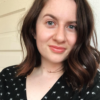 Claire Porter (1 Posts)
Claire Porter (1 Posts)Contributing Writer
University of South Dakota Sanford School of Medicine
Claire is a first year medical student at University of South Dakota Sanford School of Medicine in Vermillion, SD. In 2017, she graduated from University of Minnesota, Twin Cities with a Bachelor of Science in chemistry. She enjoys running, watching Law and Order reruns, and bar trivia in her free time. In the future, Claire would like to pursue a career in pediatrics and/or palliative care.

